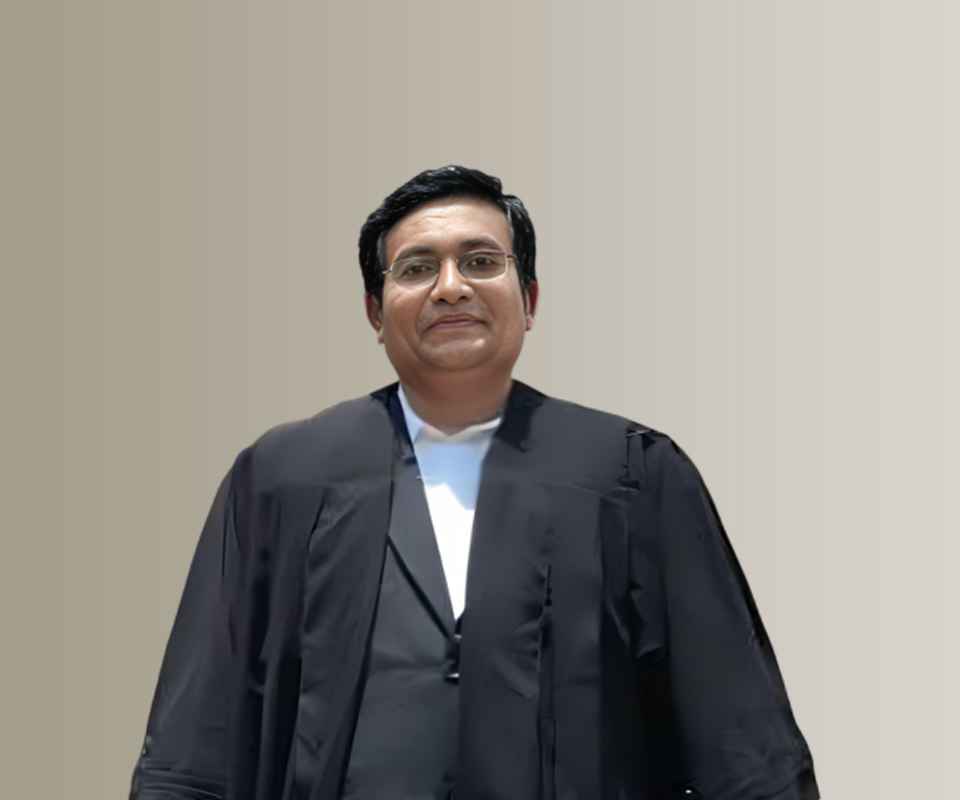Answer By law4u team
Religious freedom is a fundamental human right, and detained immigrants are entitled to practice their religion while in immigration detention. However, there may be certain restrictions on religious practices in detention, such as limited access to religious services or specific accommodations. It is important for detainees to know their rights and how to assert them.
Legal Rights and Religious Freedom in Detention:
First Amendment Rights: Under the U.S. Constitution, detained immigrants retain their First Amendment right to freedom of religion. This means they have the right to practice their religion, attend religious services, and receive religious materials while in detention.
Religious Accommodations: Immigration detention centers are required to make reasonable accommodations for detainees' religious practices. This can include access to religious services, dietary restrictions (e.g., halal or kosher food), and the ability to possess religious items (e.g., prayer beads, religious texts).
Limits on Religious Practices: While detainees have the right to practice their religion, certain restrictions can be imposed for security or operational reasons. For example, group religious services may be limited to a specific time or may not be available in all facilities. Personal religious items may be restricted if they pose security concerns.
Equal Treatment: Detention centers must provide equal access to religious services for all faiths. Discriminating against a detainee’s religion or limiting access to certain religious practices based on religious belief would violate constitutional protections.
Religious Services Access: Many detention facilities have chaplains or religious volunteers who provide services. If a facility does not provide access to religious leaders from a detainee’s faith, detainees may request to receive services from religious organizations outside the detention center.
Steps to Ensure Access to Religious Practices:
Request Religious Accommodation: Detainees should formally request any religious accommodations they need, such as dietary restrictions or access to religious services. Requests can be made in writing to the facility’s administration.
Document Religious Needs and Denials: If a detainee’s religious practices are denied or restricted, it is important to document the specific request and any denial or limitation, including any explanations given by detention staff.
Access Legal Counsel or Advocacy Organizations: If detainees are denied religious practices, they can contact legal counsel, religious organizations, or advocacy groups like the American Civil Liberties Union (ACLU) for assistance in asserting their rights.
File a Complaint: If a detainee's religious rights are violated, they can file a formal grievance with the detention center, the U.S. Department of Homeland Security (DHS), or Immigration and Customs Enforcement (ICE). External organizations can also help with filing complaints.
Legal Protections and Recourse:
Constitutional Rights to Religious Freedom: The First Amendment guarantees religious freedom for all individuals, including those in detention. Any unlawful denial of religious practices could be challenged on constitutional grounds.
Religious Freedom Restoration Act (RFRA): The Religious Freedom Restoration Act (RFRA) protects individuals from government actions that substantially burden their religious practices unless the government can demonstrate a compelling interest. This act provides a legal framework for challenging excessive restrictions on religious practices in detention.
International Human Rights Standards: International law, including the Universal Declaration of Human Rights (UDHR), supports the right to freely practice one’s religion, and any violation of this right in detention could also be challenged through human rights organizations.
Example:
If a detained immigrant practices Islam and requests access to daily prayer services, halal meals, and a prayer rug but is denied these accommodations, they should:
- Submit a formal request to the detention center’s administration for access to religious services and items.
- Keep a record of the request and any denial of religious practices, including reasons provided by the facility.
- If the request is denied, they can contact an immigration attorney or religious advocacy group to assist in ensuring their religious rights are upheld.
- If necessary, file a formal complaint with the detention facility, ICE, or DHS.







